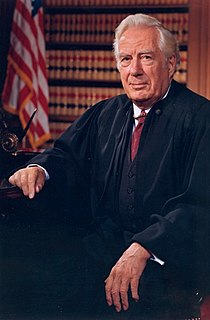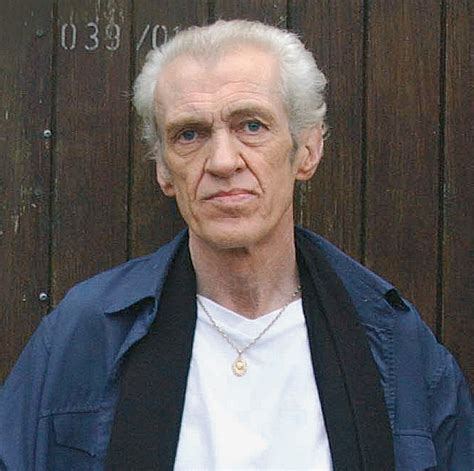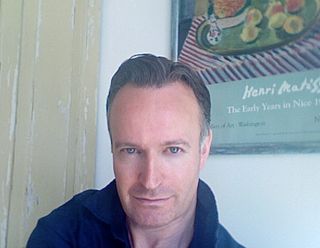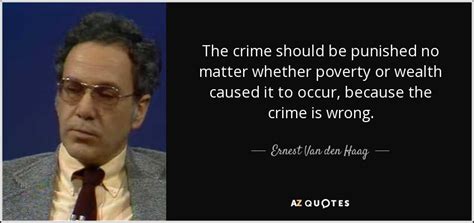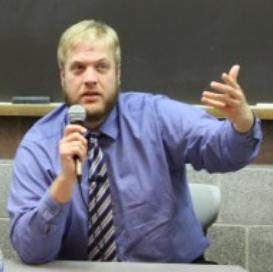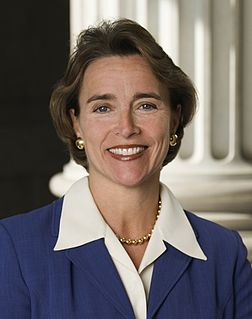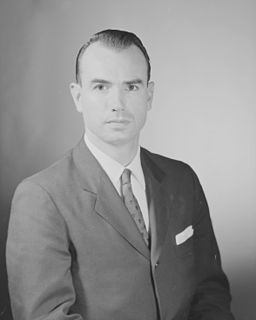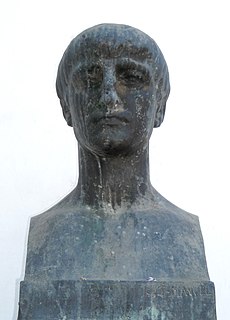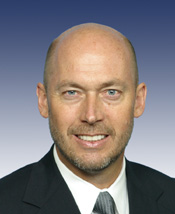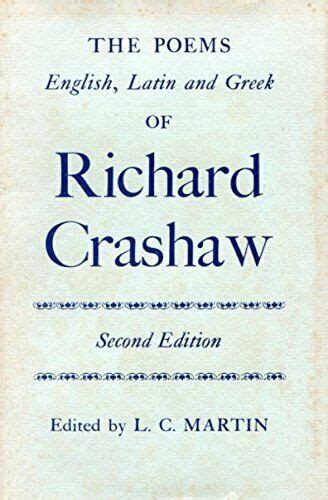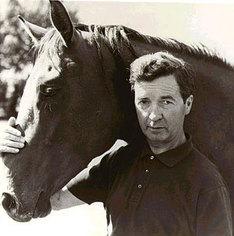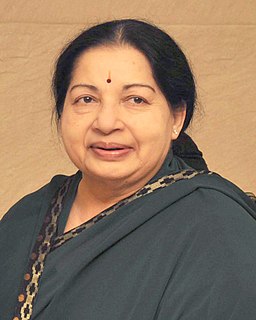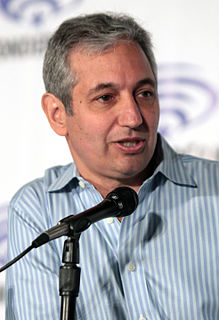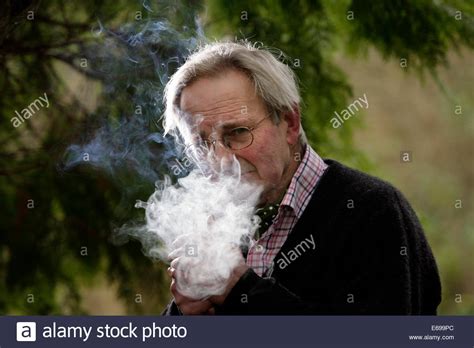Top 1200 Crime Victims Quotes & Sayings - Page 3
Explore popular Crime Victims quotes.
Last updated on November 21, 2024.
In a public dialogue with Salman in London he [Edward Said] had once described the Palestinian plight as one where his people, expelled and dispossessed by Jewish victors, were in the unique historical position of being 'the victims of the victims': there was something quasi-Christian, I thought, in the apparent humility of that statement.
The police, at their best, do three things; they prevent crime, they respond to crime, and they solve crime. In all three of those buckets, they need the trust of the community to do it, so I believe that if we restore the trust that we will change the way police are experiencing communities and ways that will preserve life and make everyone safer.
When someone hurts you or harms you, even if it is a deep wound, forgive them. Forgive them NOT for their sake, but as a sign of gratitude to Allah. Why you ask? For making you the victim and not the oppressor. There is no crime in being a victim, rather it brings you closer to Allah and rids you of sins. But as for the oppressor, they'll have to face their Lord one day. So in reality, they are their own greatest victims.
In many cases, in order to protect organizations, administrators often move abusers around, discount victim statements, stonewall victims in administrative processes, and/or offer legal settlements with non-disclosure agreements to victims with the express intent of protecting the institution and ridding themselves of the victim.
Over and over victims are blamed for their assaults. And when we imply that victims bring on their own fates - whether to make ourselves feel more efficacious or to make the world seem just - we prevent ourselves from taking the necessary precautions to protect ourselves. Why take precautions? We deny the trauma could easily have happened to us. And we also hurt the people already traumatized. Victims are often already full of self-doubt, and we make recovery harder by laying inspectors blame on them.
Governments have tried to stop crime through punishment throughout the ages, but crime continued in the past punishment remains. Crime can only be stopped through a preventive approach in the schools. You teach the students Transcendental Meditation, and right away they'll begin using their full brain physiology sensible and they will not get sidetracked into wrong things.
There is something embarrassing in... the way in which, ... turning suffering into images, harsh and uncompromising though they are, ... wounds the shame we feel in the presence of the victims. For these victims are used to create something, works of art, that are thrown to the consumption of a world which destroyed them.
Today the crime novelist has one advantage denied to writers of 'straight' or 'literary' novels. Unlike them he can range over all levels of society, for crime can easily breach the barriers that exist in our stratified society. Because of these barriers the modern literary novel, unlike its 19th-century predecessors, is often confined to the horizontal, dealing only with one class. But crime runs through society from top to bottom, and so the crime novelist can present a fuller picture of the way we live now.
The question of crime is one of concern to everybody. But the position is that the security forces in our country for the last four decades did not concentrate on suppressing crime. Their main objective was to suppress, to crush political activity. And in the process, crime grew to unacceptable proportions. And criminals were able to form powerful syndicates, and they virtually took over the control of the life of the community in certain areas.
